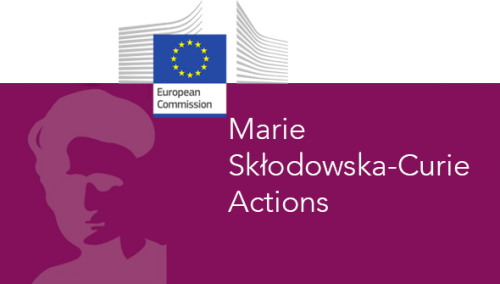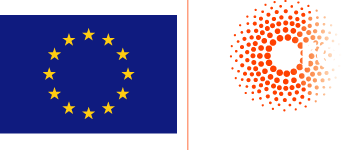
A MSCA-PF can be a great boost to your career if you are looking for a prestigious Fellowship that allows you to pursue your own independent research. Applicants should hold a doctoral degree, not have more than 8 years of full-time equivalent in research, be based in EU Member States or Associated Countries and cannot have lived in Portugal for more than 12 months in the last 3 years.
At the University of Coimbra, we are committed to providing you with individualized support for the success of your application. Our R&D units offer help in writing the non-technical sections of your application, a wide range of relocation services once you become a Fellow and competitive conditions to maximize the transfer of knowledge and impact of your research. Know more here. The Proaction Lab experienced researchers will also help you with the technical section of your proposal as well.
We invite applications that wish to work on object perception and recognition using neuroimaging, behavioural and computational approaches. Interested applicants in any of our research topics are encouraged to send us their curriculum vitae, list of publications, 2 reference letters, and a short description of your experience in the field and how you fulfil the requirements (fit with the position) until July 15. The deadline for submission is the 15th of September 2021. Contact us for more information. proactionlab @ fpce.uc.pt
About the Proaction Lab
The lab is now funded by an ERC grant (1.8M€) and several national grants. We are interested in how we recognize objects, how different brain regions encode information and constrain encoding and information processing in different distal areas, and how information is organized in the brain. We are currently moving towards a temporal understanding of these phenomena and so are particularly interested in EEG approaches. We have access to a large pool of participants and behavioural data collection and presentation equipment. We have access to eye-tracking and motion tracking techniques. We also have access to a 3T MRI scanner with a 64-channel coil (with EEG inside the scanner), a 256 Ch EEG that we are currently purchasing, and tDCS with neuronavigation. The lab also has a science communication and science manager to help you project your research to a broader audience.












